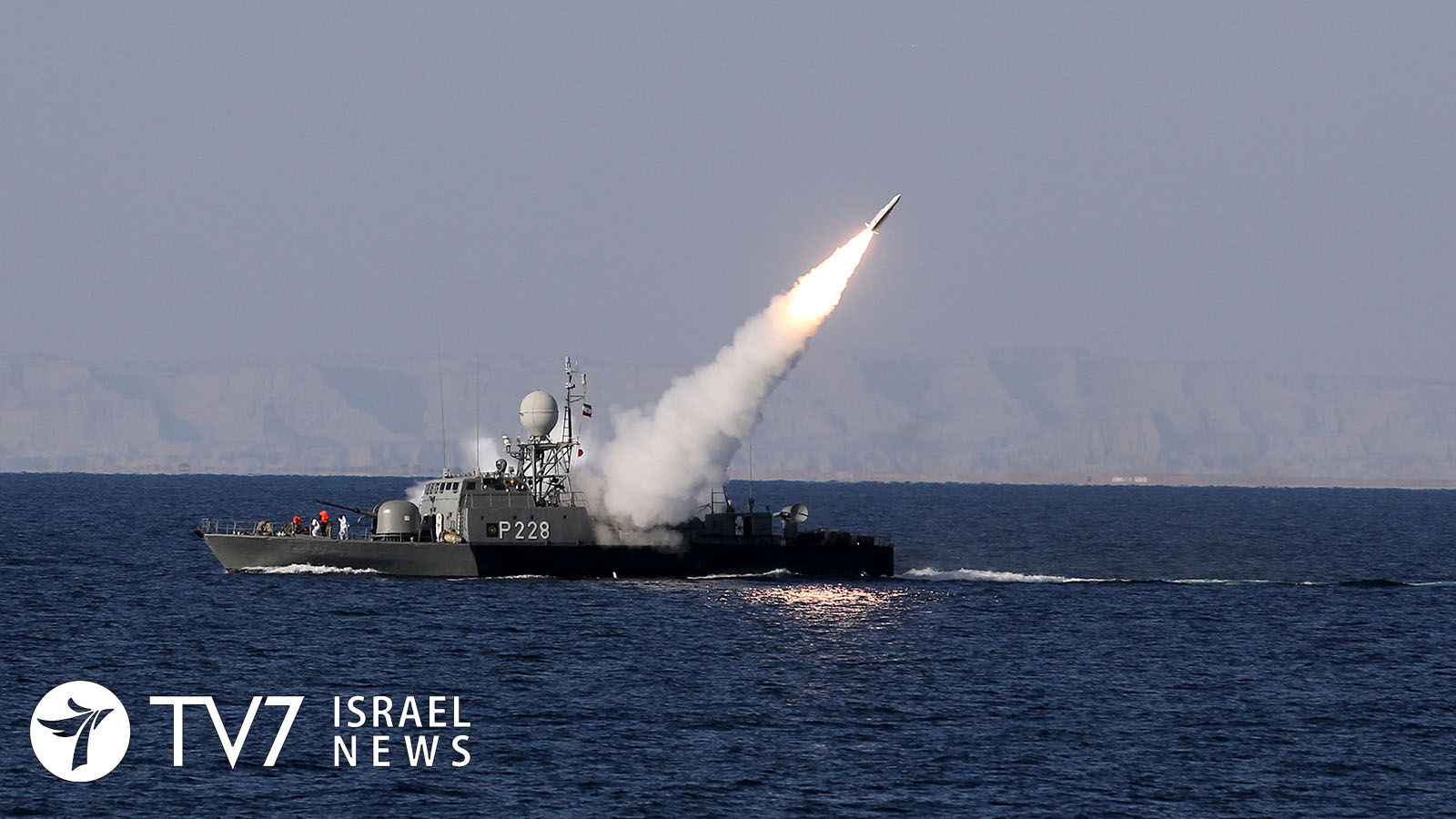The extensive “Zolfaghar 1400” exercise also incorporated Army Ground Forces, Air Defense Forces defense systems, and naval surface vessels with the support of Army Air Force fighters and UAVs in the general area of Makran Coast, the state-run ISNA news outlet reported.
By Erin Viner
“The military exercise in Iran’s coast on the Gulf of Oman is to display the country’s military might and readiness to confront our enemies,” the drill’s spokesman Admiral Mahmoud Mousavi told state television, adding that Air Defense Forces pilots and drones will focus on training in the southern part of the country aimed at “combating hostile targets.”
Deputy Commander of Iranian Army Air Defense Brigadier-General Alireza Elhami stressed during an interview with ISNA that the domestically-developed “15-Khordad” and “Mersad” air defense systems used in the joint military exercise “Iran’s power, knowledge and authority.”
“We predicted that when it comes to Iranian knowledge and experiences nothing but success will be achieved.” Said Gen. Elhami, pointing to the flight of short- and long-range drones in different missions, including reconnaissance and intelligence, as well as systems evaluation and combat.
Iranian state television reported the exercise spans eastern parts of the Strait of Hormuz over to the northern sectors of the Indian Ocean and sections of the Red Sea.
The Hormuz Strait is a strategic waterway in the Gulf through which about a fifth of oil that is consumed globally passes.
There have been periodic confrontations between Iran’s military and United States forces in the Gulf since 2018, when former US President Donald Trump withdrew from the Joint Comprehensive Plan of Action (JCPOA) nuclear pact and re-imposed harsh sanctions against Tehran. Since that time, the Ayatollah regime has openly violated atomic development limits set by the deal.
The Zolfaghar 1400 exercise comes just weeks before negotiations in Vienna to reinstate the 2015 JCPOA are finally set to resume on 29 November. Tehran has delayed returning to the indirect talks with Washington that began last April since the election of hardline Iranian President Ebrahim Raisi in June.
The West has repeatedly stated that the Vienna discussions must pick up where they left off, while Iran is now demanding additional pre-conditions.
Iranian Foreign Ministry Spokesman Saeed Khatibzadeh insisted earlier today that the US must “recognize its fault in ditching the pact” and must also provide guarantees that it will not withdraw from the JCPOA in the future should the Vienna Talks succeed in reviving the agreement.
Khatibzadeh also demanded that the White House immediately lift all punitive economic measures imposed on the Islamic Republic in a verifiable process, in statements echoing the official stance of the Ayatollah regime.
Top Iranian nuclear negotiator Ali Bagheri Kani will travel this week as Deputy Foreign Minister for Political Affairs to the capitals of three European parties to the nuclear pact – Britain, France and Germany – said Tehran’s Foreign Ministry Spokesman.
